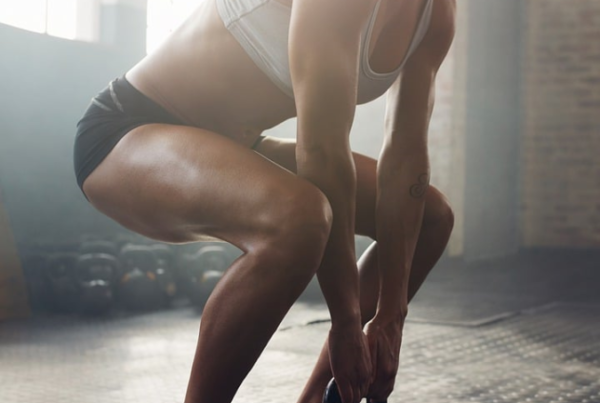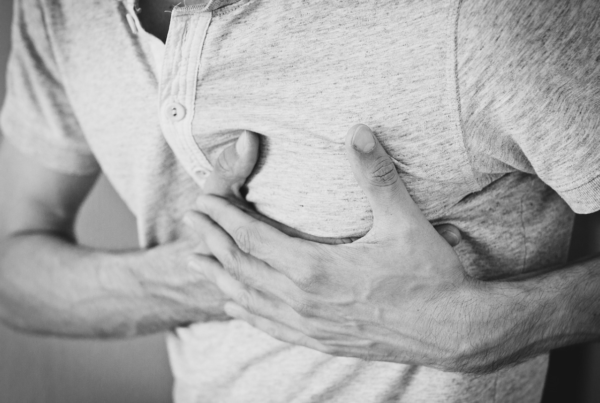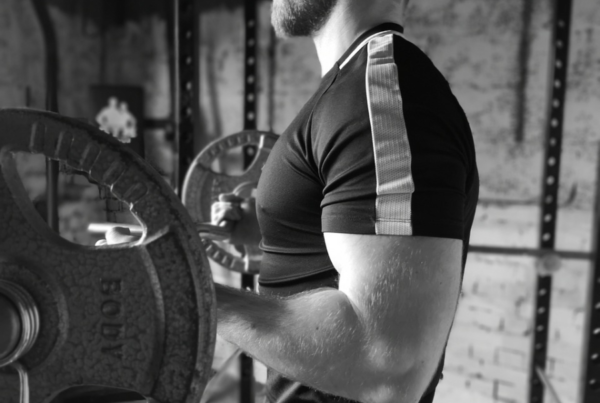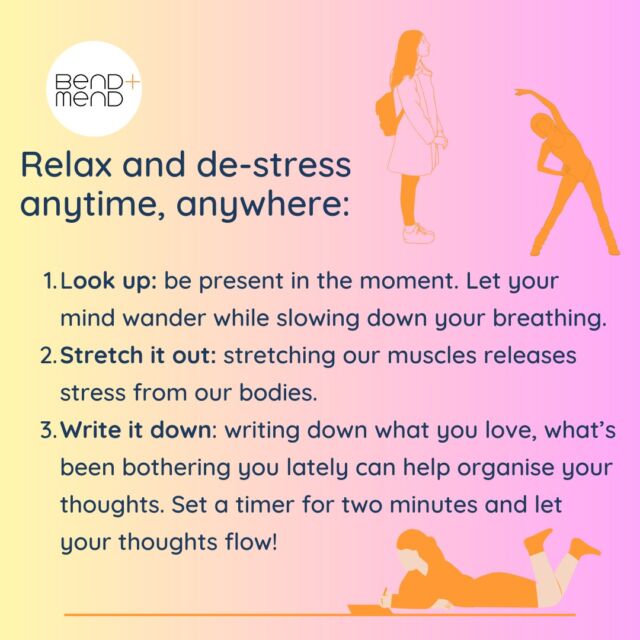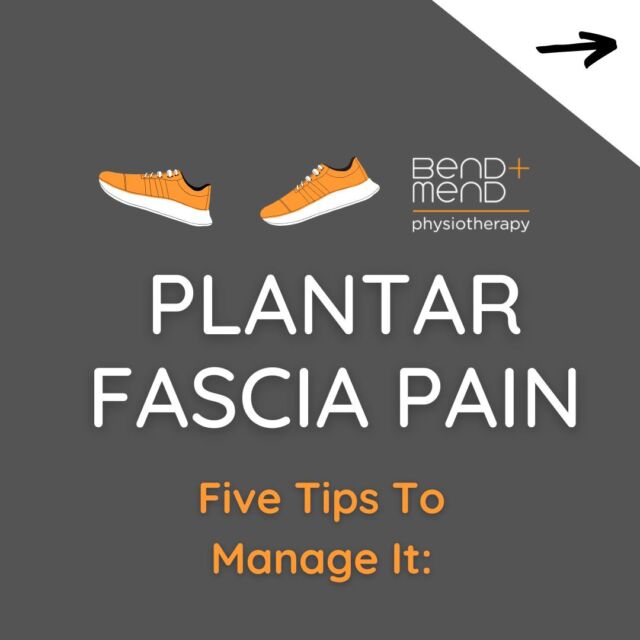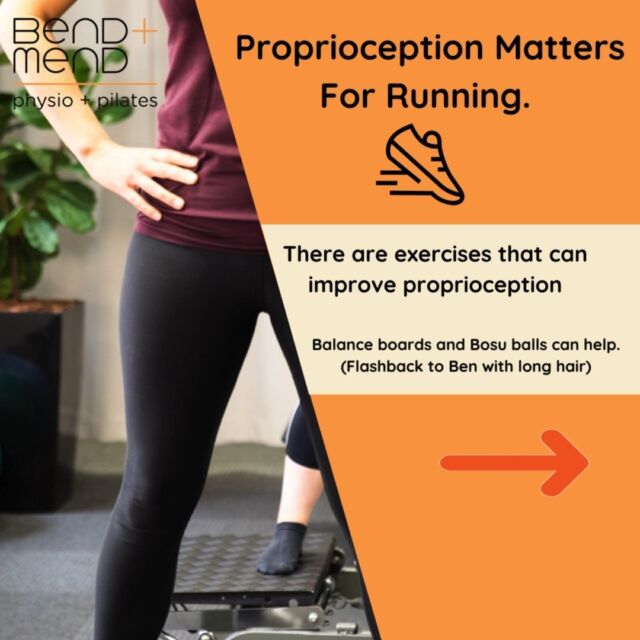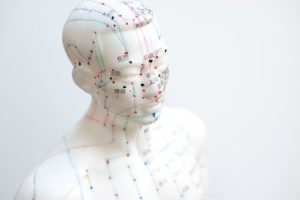 These days, many physiotherapists and other health practitioners are using dry needling as a form of treatment. So how does this differ from Traditional Chinese Medicine (TCM) acupuncture, and what can you expect when your physiotherapist wants to use dry needling as part of your treatment?
These days, many physiotherapists and other health practitioners are using dry needling as a form of treatment. So how does this differ from Traditional Chinese Medicine (TCM) acupuncture, and what can you expect when your physiotherapist wants to use dry needling as part of your treatment?
In TCM, acupuncture is one of the many methods used to help balance the body’s energy or Qi, in order to try and normalise the body’s function and relieve pain. The points used by the TCM practitioner are dependent upon factors such as meridians of related organs, state of disease, influential and ashi points or tender points in the region of dysfunction.
Comparatively, physiotherapists use a form of “anatomical acupuncture”. Due to our extensive knowledge of anatomy, biomechanics and pathophysiology, physiotherapists have the ability to determine a clinical diagnosis for their patient’s problem. After a diagnosis is given, a number of different treatment techniques are available to the physiotherapist, and dry needling is just one of these techniques.
Dry needling involves the physiotherapist inserting an acupuncture needle into a specific soft tissue, that is altered or dysfunctional in order to improve or restore function. Often the needle is inserted into the myofascial trigger point of the muscle, but can be used on other soft tissues too.
So what are the effects? Firstly, by inserting the needle there is a vasodilation or increase in blood flow to the local area which brings nutrients to the area and removes toxins or wastes which can sensitise the tissue. Secondly, via nerve pathways, the acupuncture stimulates the production of natural opioids which will reduce the perception of pain.
For more information on dry needling, contact your Bend + Mend Physiotherapist.
